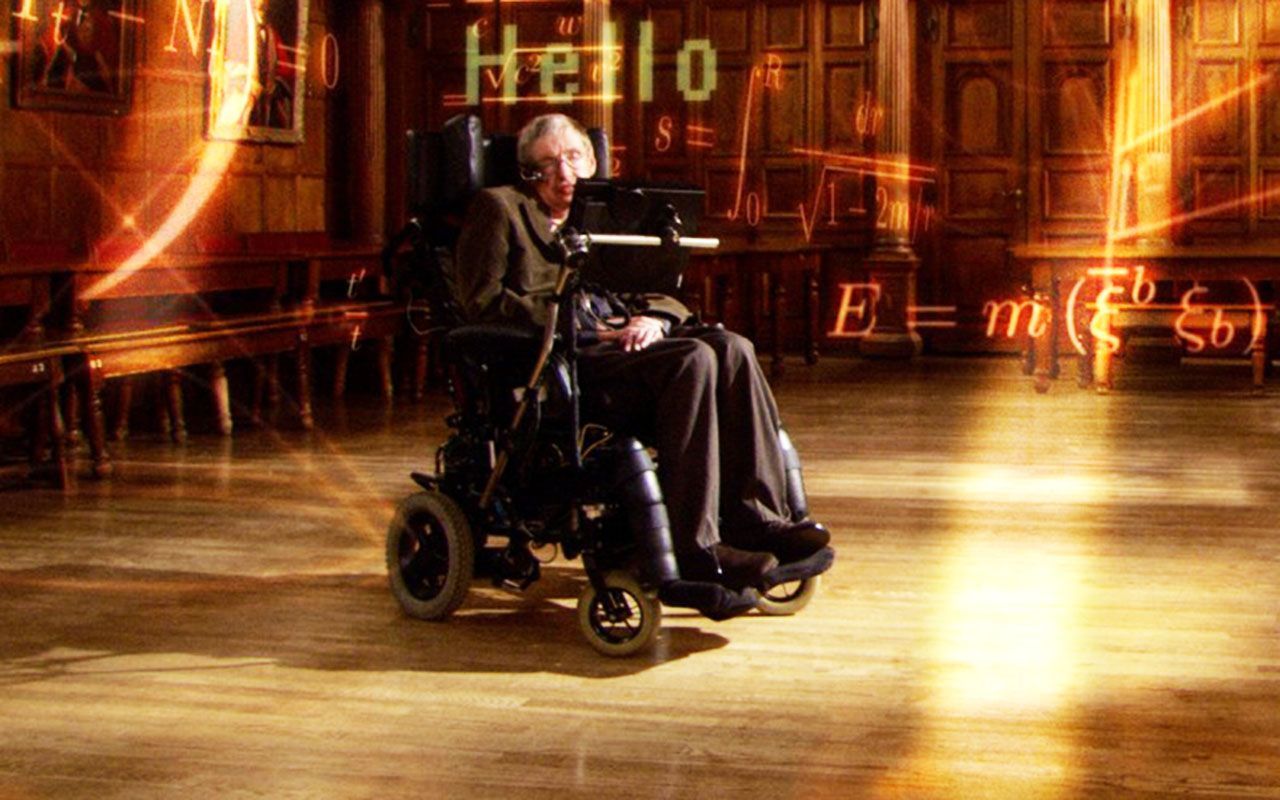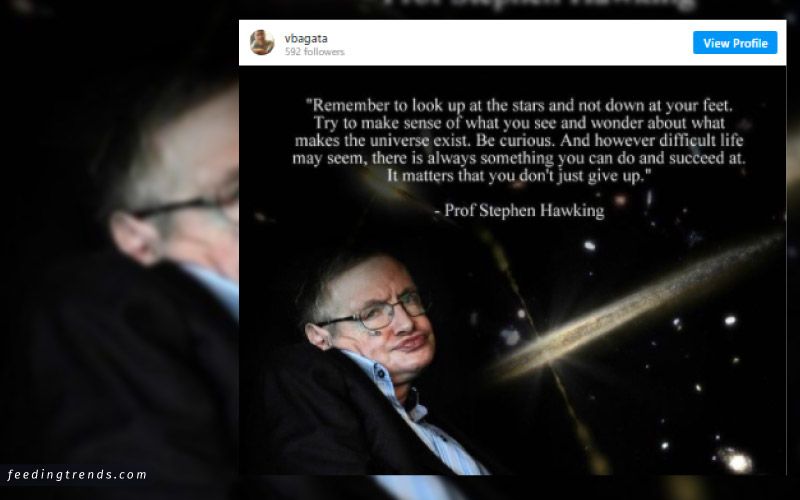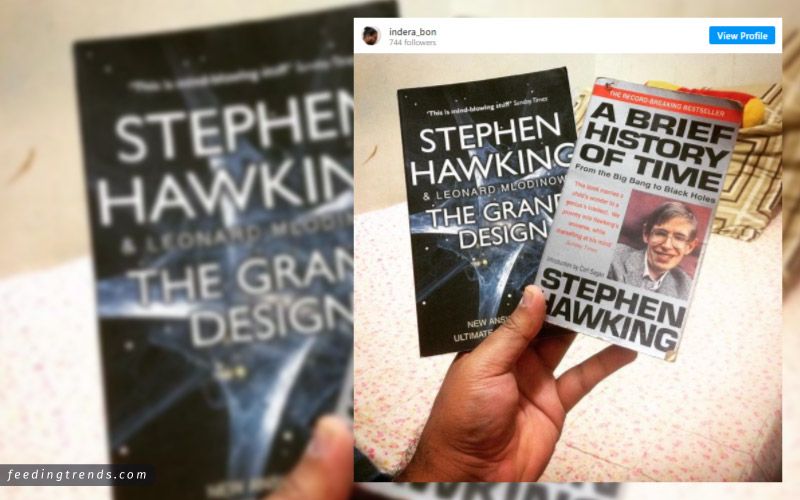
Stephen Hawking Knew How He Wanted The World To Remember Him
After being diagnosed with ALS, he could have given up. He could have hung his telescope and he could have decided that physics was no longer for him. But that’s not the way he wanted to live and so he adjusted to the world he wanted to live in.
He will be remembered as one of the greatest scientific minds of the 20th century by the common people as well as the scientific fraternity. He will be remembered for not only what he did but also what he represents.
He will be remembered as an inspiration for he never allowed adversity to stop him in his pursuit of knowledge. He will be remembered as an epitome of great courage and determination for he explored everything when people thought he was incapable of doing anything.

He was not like the other celebrity scientists - Bill Nye, Neil deGrasse Tyson or Brian Cox. He was far above them and ahead of everyone else in the world. His works in the fields of cosmology and astrophysics, that took us into the depth of universe’s existence itself.
Having received 14 awards in all, including the Presidential Medal Of Freedom, which is the highest civilian honor, he benchmarked research and development. It wouldn’t be unjustified if we call him as the brightest star of the universe.
What made him even better was his scientific communication, which reached and surpassed everyone else in the field. Due to his favoritism, he appeared in Star Trek, Monty Python, the Big Bang Theory, the Simpsons, Futurama and even had a film made about him.
His cutting-edge theoretical research, which got published in his book The Theory of Everything, is a must-read. It explains the complexity universe, black holes, singularity in a subtle, witty and simple way.

It has been written to address the public, from scratch to sketch without any difficult jargons. The perception of time, which we study has the fourth dimension is splendid.
Much to our amaze, his book was written with the help of a voice synthesizer for he was not able to speak after being affected by ALS.

Besides this, he has also authored A Brief History of Time, which become an account of brief introduction for the formation of the universe and was found helpful by the masses. He was quite vocal about his idea of God.

In his next work, The Grand Design, he spoke against the idea of the creation of the universe by the God, citing that because there is a law such as gravity, the universe can and will create itself from nothing.
He was the reason why many people got connected to real physics and for that reason, he will also, deservingly, be remembered as one of the best. Everyone who wishes to do something great in physics seeks inspiration from him, besides the life-fighting patients.
He even organized a birthday party for time travelers. He invited all time travelers in it, but nobody came. As a result, he concluded that time travel in the past is not possible. What a fanatic he was!
He knew how he wanted the world to remember him - not as a man confined in the wheelchair after being afflicted with a neuromuscular disease but as a man advancing to the boundaries of the universe and beyond.
He knew he must be called as the ‘Einstein’ of his generation. He knew he must be the hope of the patients with life-threatening diseases.
He came from the stars. He lived as a star. He went back to the stars.
He didn’t die. He just moved from one star to another.
Appreciate the creator